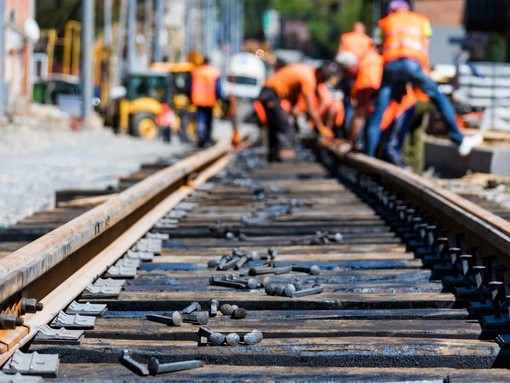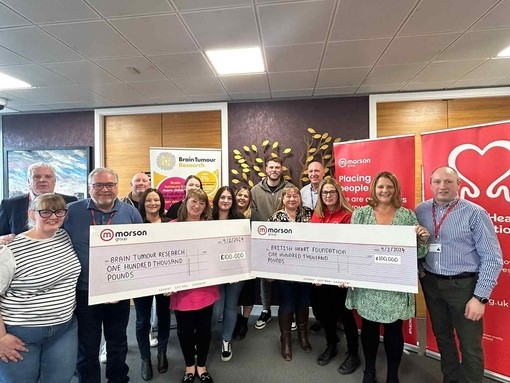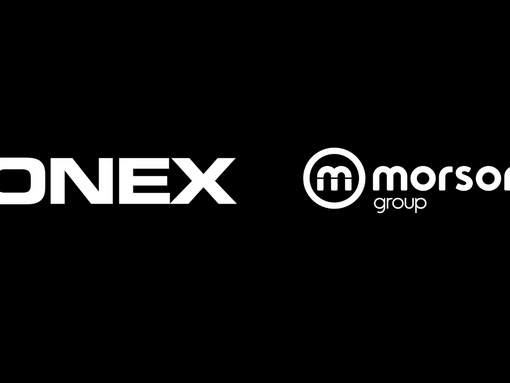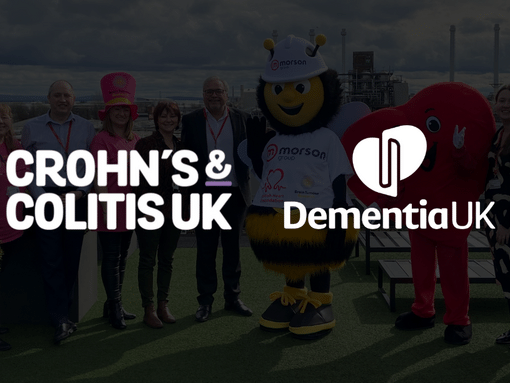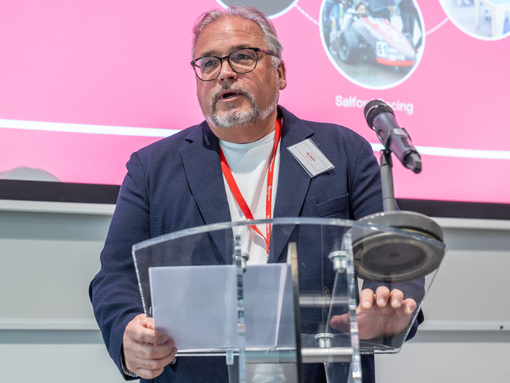
HSQE Director Gareth Morris: COVID-19 and Health & Safety Reporting
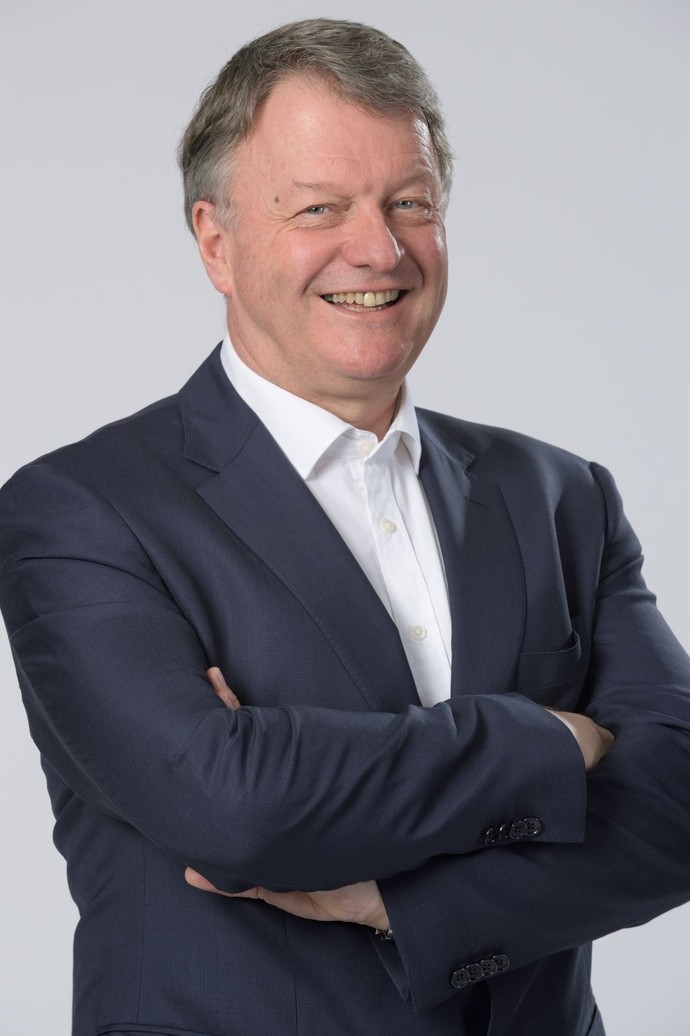
Gareth Morris is group director for Health, Safety, Quality and Environmental Compliance for Vital Human Resources and the Morson Group.
Vital provides track, trades, safety-critical and technical personnel to Network Rail and other principal contractors throughout the UK, working on the rail infrastructure. Gareth is also a member of the CIRAS committee.
Gareth spoke with safety reporting organisation CIRASabout health and safety reporting in the wake of Covid-19.
Do you think Covid-19 has had an impact on health and safety reporting?
Covid-19 has had a huge impact on safety reporting. Data from our close call app Morson Safety Matters indicates that we have placed so much emphasis on Covid-19 (quite rightly, as it is literally a matter of life and death) that all other safety matters have taken second place. I personally noticed this in one of our company’s car parks. A person had not reverse parked. When I spoke with them, they replied that, with all the instructions about coronavirus they felt that other matters were less important. That is human nature, and we have to re-emphasise that all other safety measures are equally important.
The Health & Safety Executive has reminded us that, while we have implemented many additional control measures to manage the risk of Covid-19, we must maintain the management of all other risks and regulatory requirements placed upon us as employers.
Why does reporting matter so much as we adjust to life after lockdown?
Recent events have been more than enough to test even the strongest nerves. And as operations restart, we must work hard to build our people’s confidence so they can get on with their work safely and effectively. Part of that is recognising that we’re all facing new risks and challenges that are out of our comfort zone. But it’s also really important that we don’t ignore or underestimate the ‘bread and butter’ risks in rail operations. They existed before the pandemic, and they still exist now.
Speaking up is as important as it has ever been. We want to send a message to our staff that their concerns will be taken seriously and that their wellbeing, safety and security are of paramount importance for the industry.
What part does CIRAS play?
Although our people have plenty of support, it would be disingenuous to say that everything always goes to plan. That’s not real life.
If there is an issue on track, we fully encourage our people to flag up their concerns by reporting the issue immediately on-site, or by using the Morson Safety Matters close call app. But I recognise that there may be circumstances in which someone feels reluctant, for whatever reason, to use our direct reporting channels. That’s where the CIRAS service comes in. It gives our operatives another option for voicing their worries – and in so doing provides us with another route for gathering health and safety intelligence.
For us, CIRAS is the backstop if, for whatever reason, someone is not happy with the way their safety concern has been handled. It won’t be used very often as we have comprehensive reporting channels and we believe in an open culture of reporting. That said, it is reassuring for us, and for those who work for Vital, that it is there just in case the process breaks down somewhere and we are not aware of it. CIRAS is a safety net that closes the loop on safety reporting. It’s one of the checks and balances in our system that helps protect staff from unplanned outcomes while addressing safety issues in a pragmatic and mature manner.








